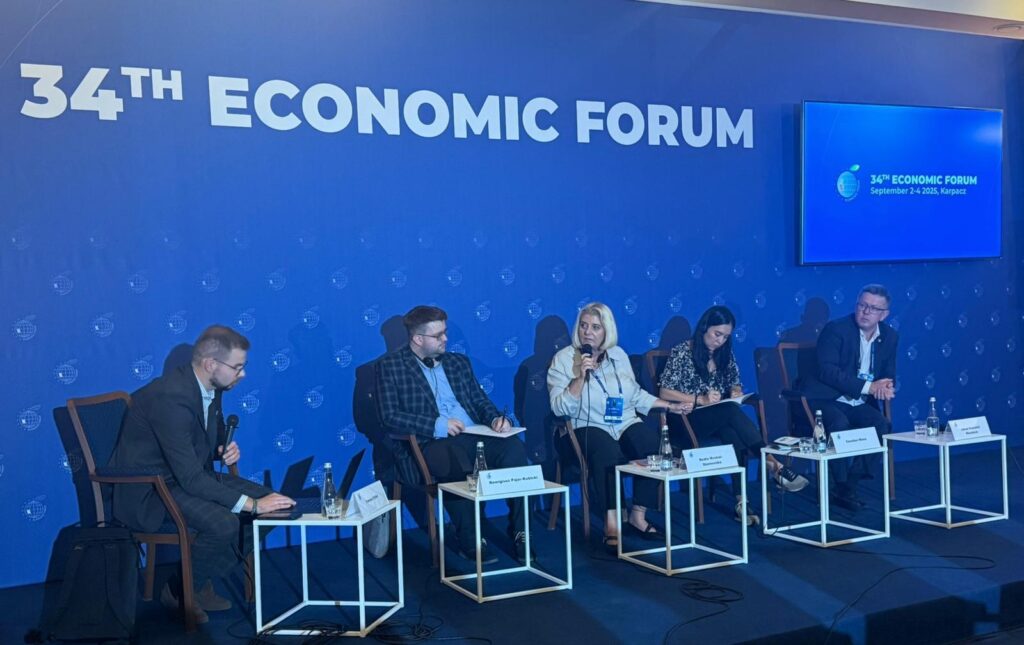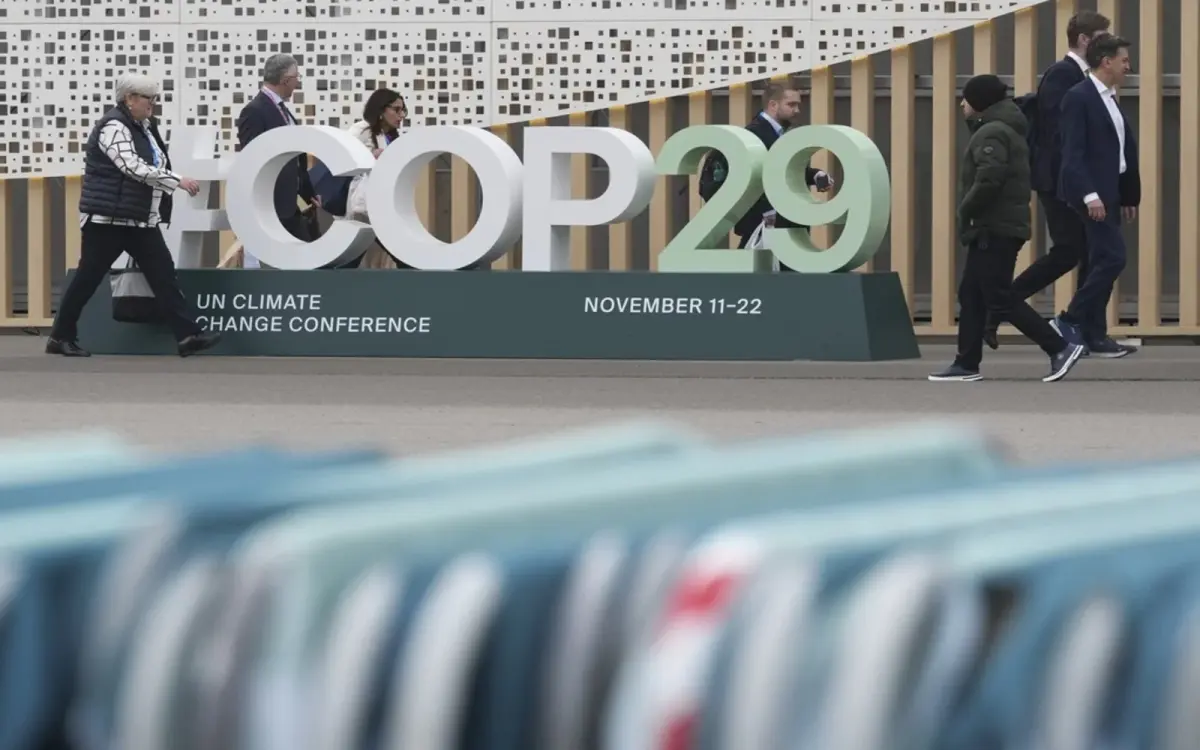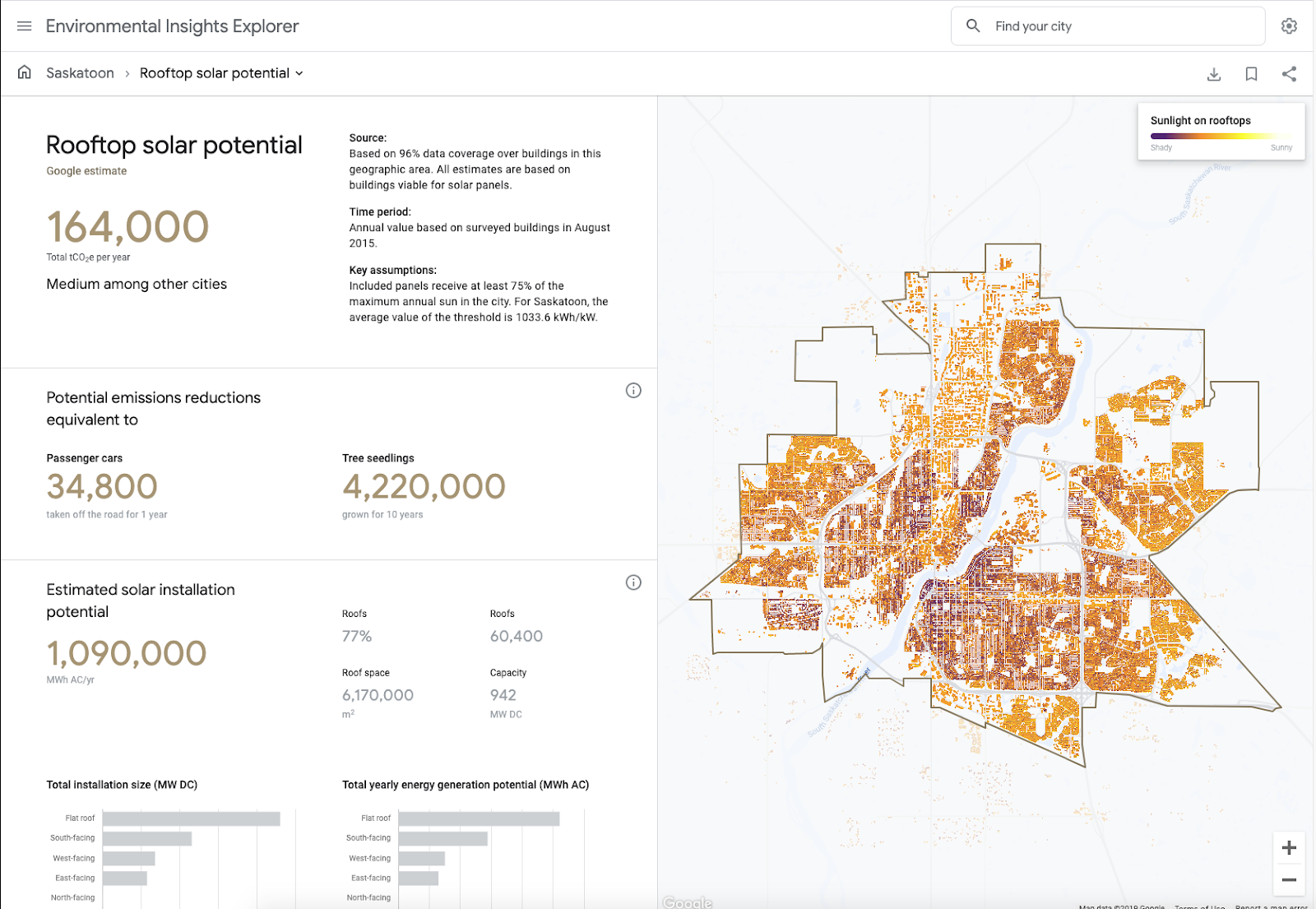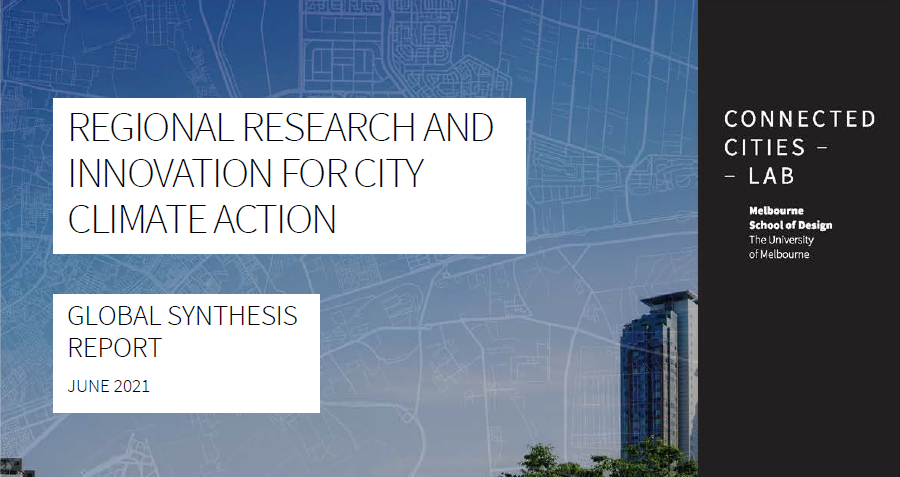Turning City Climate Plans into Bankable Projects: Lessons from the 34th Economic Forum

At the 34th Economic Forum in Karpacz, Poland (2-4 September 2025), participants addressed a key question for municipalities across Europe: how can cities turn climate commitments into tangible, funded projects?
The Forum’s session on “Local Governments and Environmental Protection” brought together influential voices in municipal climate action. The panel – moderated by Tomasz Pytko – included Beata Moskal-Słaniewska, Mayor of Świdnica; Jakub Krzysztof Wierzbicki, Mayor of Perlejewo Commune, and Remigiusz Pajor-Kubicki, a member of Poland 2050. Carolina Mesa, Global Cities Advisor for the Global Covenant of Mayors for Climate & Energy (GCoM)–City Climate Finance Gap Fund Partnership, outlined how the Gap Fund provides crucial technical assistance to cities in their earliest project development stages, creating pathways to larger financing opportunities.
Panelists emphasized a persistent challenge that cities and local governments face worldwide. While cities have developed ambitious climate plans, they often struggle to translate these into procurement-ready, bankable projects. The discussion revealed that cities urgently need evidence-based pathways that shorten the journey from planning to procurement, alongside clear conditions that transform conceptual ideas into contractual commitments. Success will depend on practical tools and bankable structures that fit within existing policy frameworks.
Beyond the main session, the Forum facilitated bilateral meetings between city officials, public institutions, and partner organizations from Eastern Europe and Central Asia. These discussions enabled comparative analysis of project pipelines, alignment of regional priorities, and joint preparation strategies for aggregated funding submissions.
The regional engagement proved particularly valuable, with meaningful connections established across multiple countries. From Ukraine, Olena Alkhovitska-Mahda, Member of the Board of the Effective Cooperation Foundation, and Roman Matys, Head of International Investment Office, shared valuable perspectives on post-conflict reconstruction and climate resilience. Moldova’s representatives included Dumitru Alaiba, from the Ministry of Economic Development and Digitisation and Dan Nicu, Head of the International Investment Office, and Nicolae Arnaut, Director of the National Office for the Implementation of Environmental Projects, who contributed insights on financing pathways for environmental projects in Moldova. Mirsada Bošnjak, State Secretary at the Ministry of Economic Development of Montenegro, added expertise on Balkan regional cooperation, while Türkiye’s delegation featured Gürkan Akçaer, System and Generation Association Founder and Merve Safa Kavakci, First Deputy Secretary General – Black Sea Economic Cooperation Organisation (BSCE), highlighting cross-regional collaboration opportunities.
The Forum’s central theme emerged clearly throughout all sessions. Cities across the region are keen to accelerate climate action, but success will depend on three core elements: practical implementation tools, bankable project structures, and policy alignment across all levels of government. Discussions also underlined that early-stage support is effective only when connected to concrete co-financing opportunities and timelines that lenders and national ministries can recognize as viable and ready to implement.
Next Steps: From Discussion to Action
The momentum generated at the Forum will translate into concrete actions in the coming weeks. The GCoM–Gap Fund Partnership team will work intensively to refine project shortlists with counterparts in Moldova, Ukraine, Montenegro, and Türkiye. This process will define preparation tasks and realistic timelines for priority initiatives while identifying which projects represent the optimal candidates for Gap Fund support based on readiness and potential impact.
The team will then support selected cities in developing robust Expressions of Interest for early-stage technical assistance, ensuring that applications meet both technical standards and strategic priorities that align with broader regional climate objectives.
The Forum demonstrated that early-stage technical assistance serves as a crucial catalyst within the climate finance ecosystem. When properly structured and strategically deployed, this support enables cities to unlock significantly larger investments for both climate resilience and mitigation projects, creating a multiplier effect that turns modest initial investments into substantial climate action.

Turning City Climate Plans into Bankable Projects: Lessons from the 34th Economic ForumSeptember 17, 2025

Turning City Climate Plans into Bankable Projects: Lessons from the 34th Economic ForumSeptember 17, 2025
